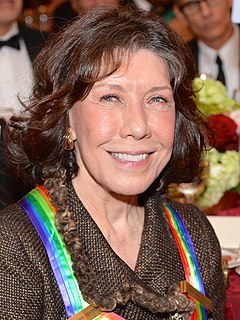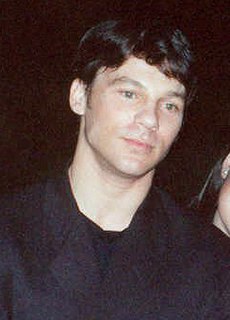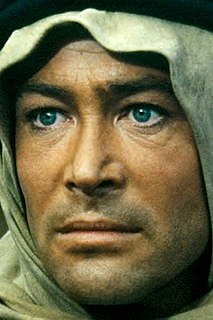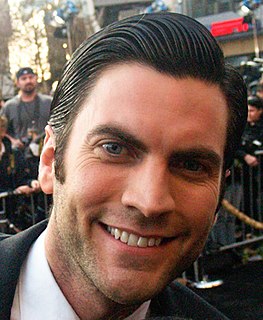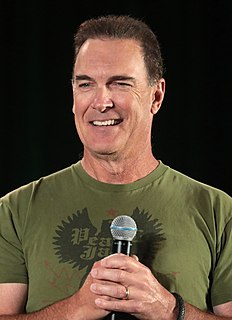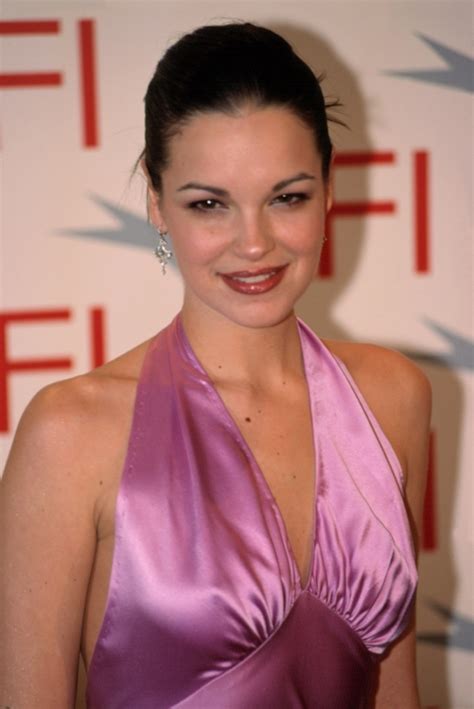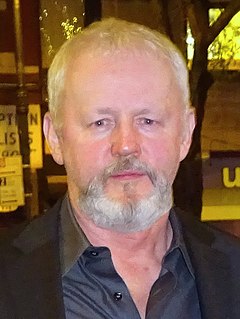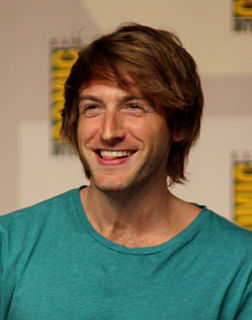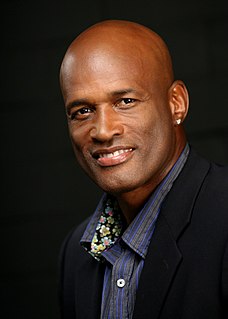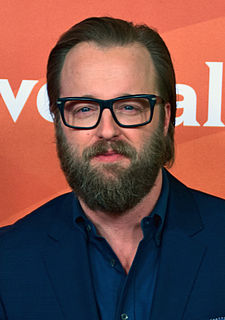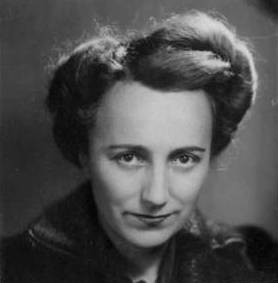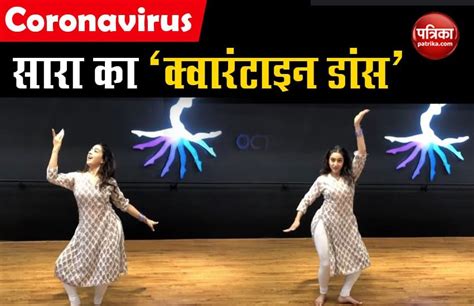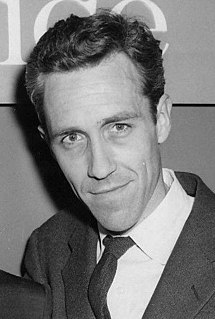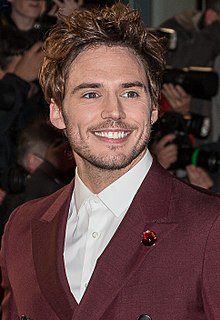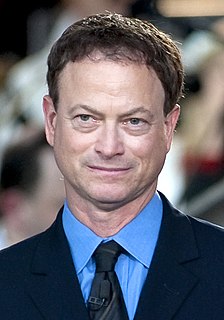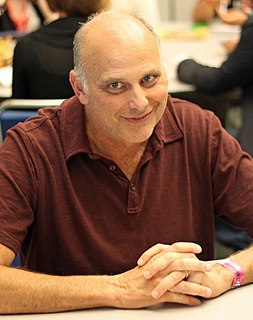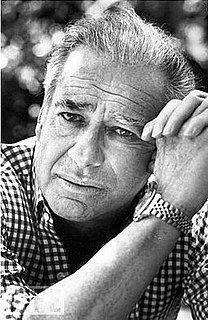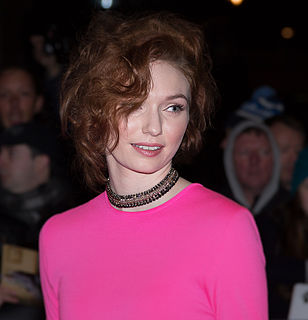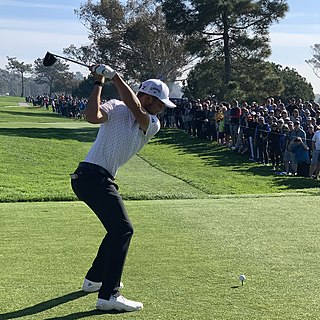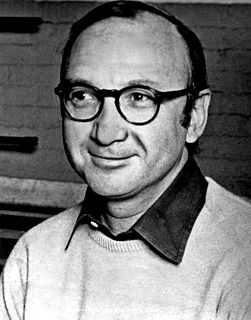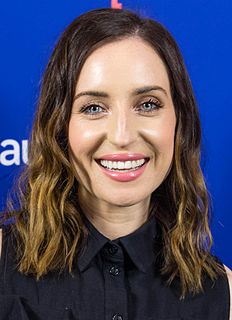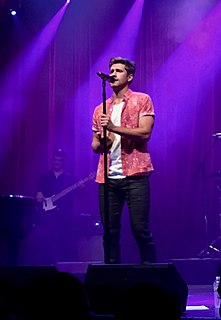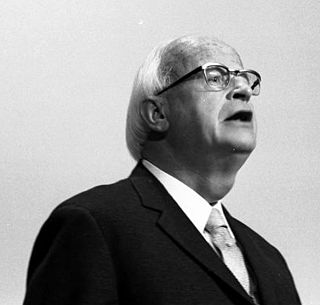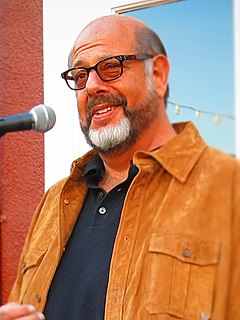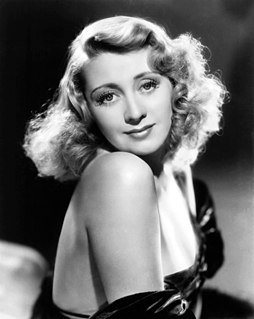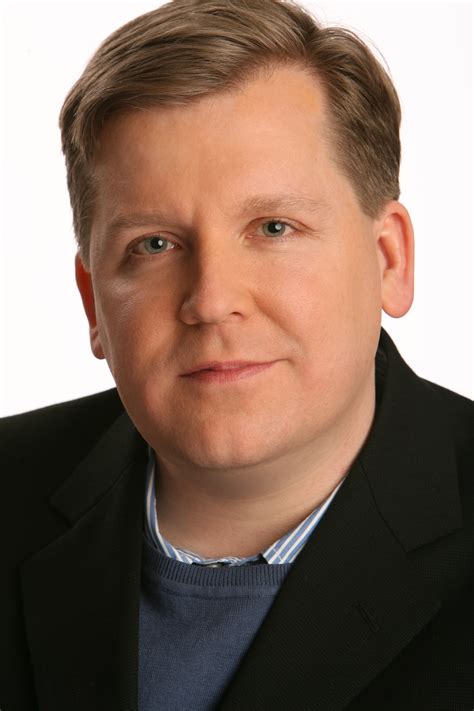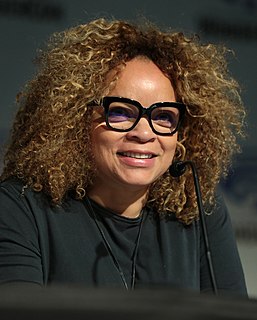Top 1200 Stage Actors Quotes & Sayings - Page 4
Explore popular Stage Actors quotes.
Last updated on November 29, 2024.
If you put on a lousy production with white actors, it's lousy. There is a problem, or can be, at this stage of our social evolution, with mixing the casts. It may not be a question of race so much as class. You would rarely find a black man in a high executive position where he was swinging his weight around.
A lot of actors will complain about the green screen work, but what you do get to do is what you probably should have learned, from the beginning, on stage. You have to create it in your mind and really go there to bring it. Part of the fun of acting is those challenges. You feel goofy, but sometimes that's a good feeling.
You see, what is my purpose of performance artist is to stage certain difficulties and stage the fear the primordial fear of pain, of dying, all of which we have in our lives, and then stage them in front of audience and go through them and tell the audience, 'I'm your mirror; if I can do this in my life, you can do it in yours.'
You can't create chemistry. In fact, the chemistry between two actors is for people to see, sense, and judge. The only thing we can do as actors is to come on board individually because we feel the same kind of passion for a script and for a director to cast us because he feels that, as actors, we'll do justice to that part.
Actors aren't all the same. They have very different skills. There are actors of intellect who are very thoughtful about everything they do... and then there are actors of instinct who don't know what they're doing until the cameras roll... My father was actually quite thoughtful about what he did, while my mother was much more instinctual.
You see, what is my purpose of performance artist is to stage certain difficulties and stage the fear the primordial fear of pain, of dying, all of which we have in our lives, and then stage them in front of audience and go through them and tell the audience, I'm your mirror; if I can do this in my life, you can do it in yours.
In England, when we're at drama school, we spend a lot of time learning the craft from playwrights and stage actors, who are very well trained in the basics of acting because they need to get it right the first time - you can't have second or third takes when you're in front of a live audience, unlike in film.
I'll tell you what I think in general about people who want to make their Broadway debut that are not trained stage actors. Don't they know, Broadway ain't for sissies? It is a tough gig. You are responsible, physically, mentally, emotionally, for eight shows a week, at the top of your game. It's not easy.
Actors, I think, are all the same. Both Korean actors and American actors are all very sensitive people, and they are all curious to know what the director thinks of them and how they are evaluated, and they try to satisfy the director. And they like it if you listen carefully to their opinions and accept them.
And from the first moment that I ever walked on stage in front of a darkened auditorium with a couple of hundred people sitting there, I was never afraid, I was never fearful, I didn't suffer from stage fright, because I felt so safe on that stage. I wasn't Patrick Stewart, I wasn't in the environment that frightened me, I was pretending to be someone else, and I liked the other people I pretended to be. So I felt nothing but security for being on stage. And I think that's what drew me to this strange job of playing make-believe.
Indian actors, because of the format of our stories, need to be good actors, and be able to perform emotional sequences, do a bit of comedy, dance and singing, action, because all of this forms just one film. In many ways I'd say there are greater demands on Indian actors than there are on Hollywood.
To be honest with you, there's nothing that bores me more than sitting around with a bunch of actors talking shop. I love actors and I've got friends that are actors. They're interesting people. But for some reason, usually when it comes round to talking shop, there's a part of me that doesn't like it.
In this type of cinema, whether working with actors or non-actors, as much as you do direct them, if you allow yourself to be directed by them, then the end result will be much more pleasing. The real and individual strengths of the actors is allowed to be expressed and is something that does affect the audience very deeply.
That's the thing about stage: It's something you can't find anywhere else. It's a two-and-a-half, three-hour experience, and it's a real relationship. You're sending out energy from the stage, but the audience is giving you back so much also, so that's also lifting you and pushing you forward as you're performing and giving you so much energy. You can't find it anywhere else, and that's why people get addicted to being on stage, and when they're not on stage are kind of looking for that and constantly searching for it.
I'll say it, I love working with actors, I'm a fan of actors. They bring so much, and they can also break a movie, but when it works I give it all to the actors. I'll say it, I think that 'The Transporter' is great not because of my direction, it really is great because Jason Statham was great in it.
You work with every actor differently. It's like if you're a mother, if you have children, some children need more discipline. Other children you back off of a little bit and let them be. It's the same way with actors. Some actors need a lot of hand holding. Other actors like to be let be and you let them go. Some actors like to be nudged just a little bit. Some actors don't mind line readings.
American actors are very different to British actors who have generally studied and been brought up culturally with the sense that the writer is the star and that their job is to serve the writing. Whereas Hollywood actors are brought up to believe that the actor is the star, and everything and everybody is in the service of them.
You collaborate with actors who are also talented and visionary and come together on a artistic direction within the confines of humanity and realism. The collaboration that you have had with all of these people plays an integral role in its final stage where editing and music are combine to enhance your work. This whole process is very rewarding and I wouldn't trade it for anything.


